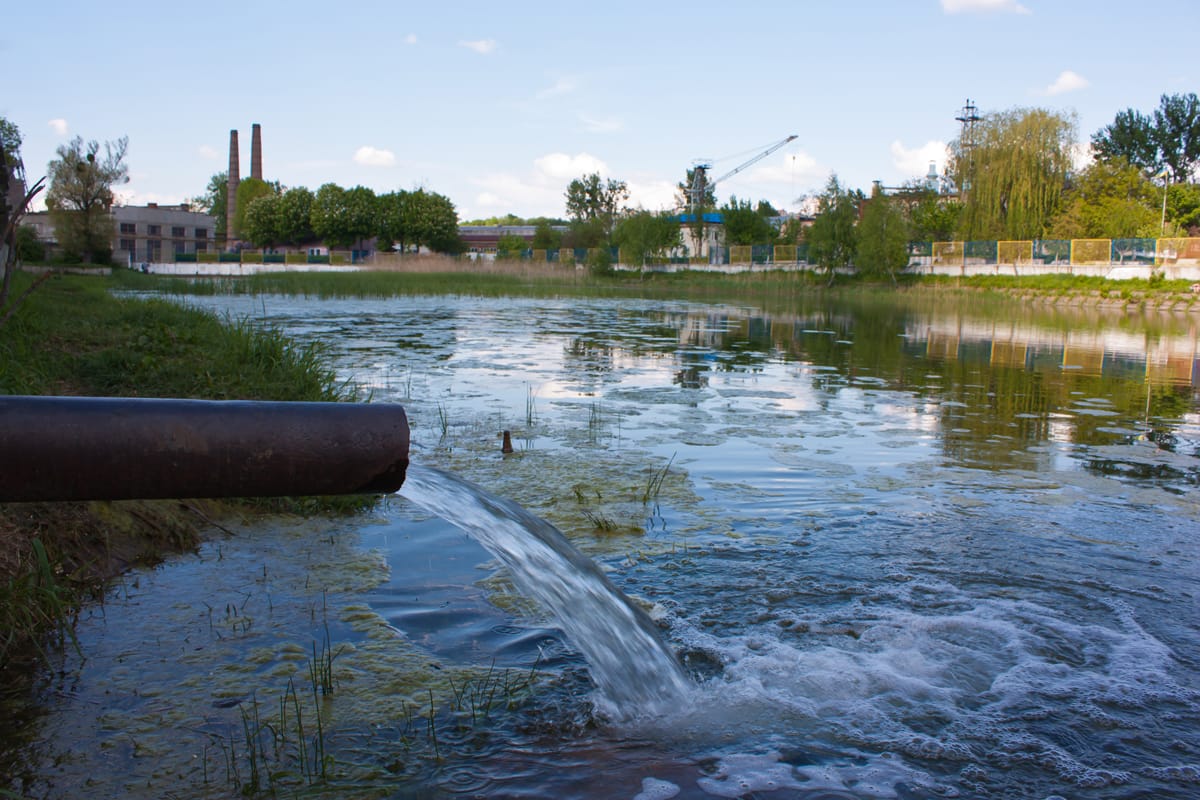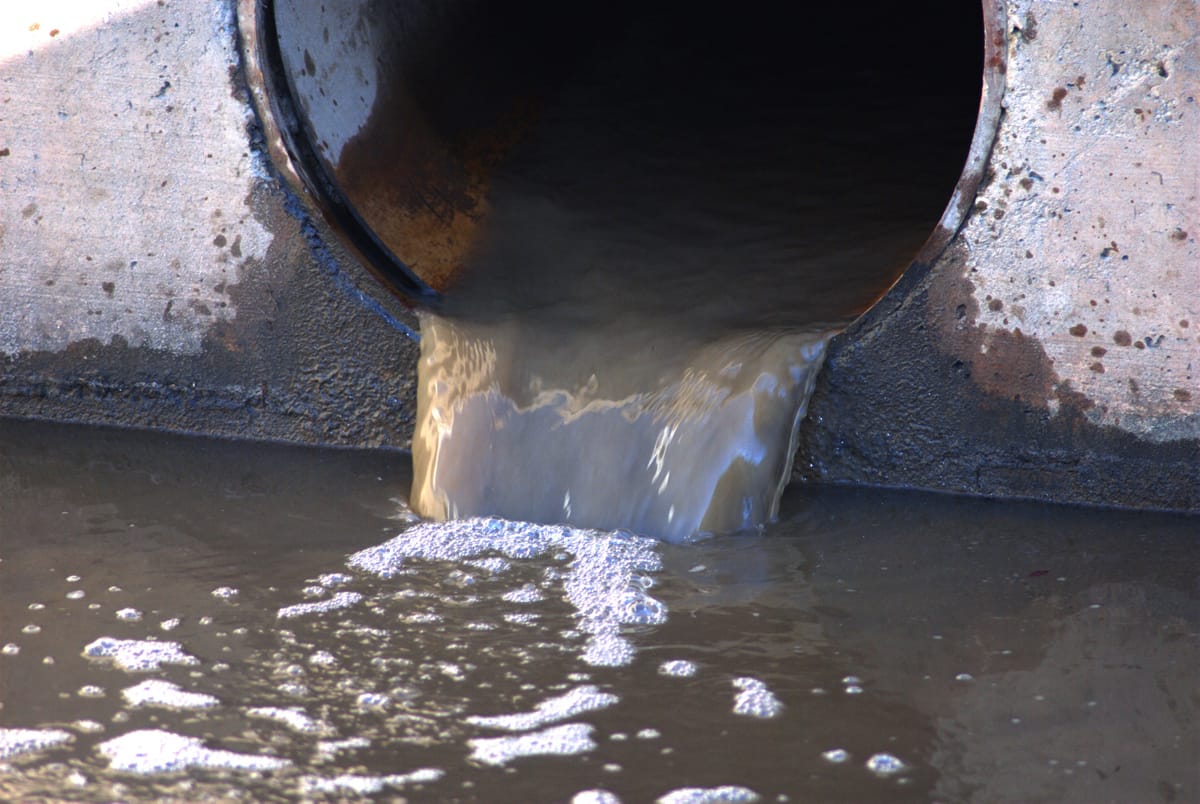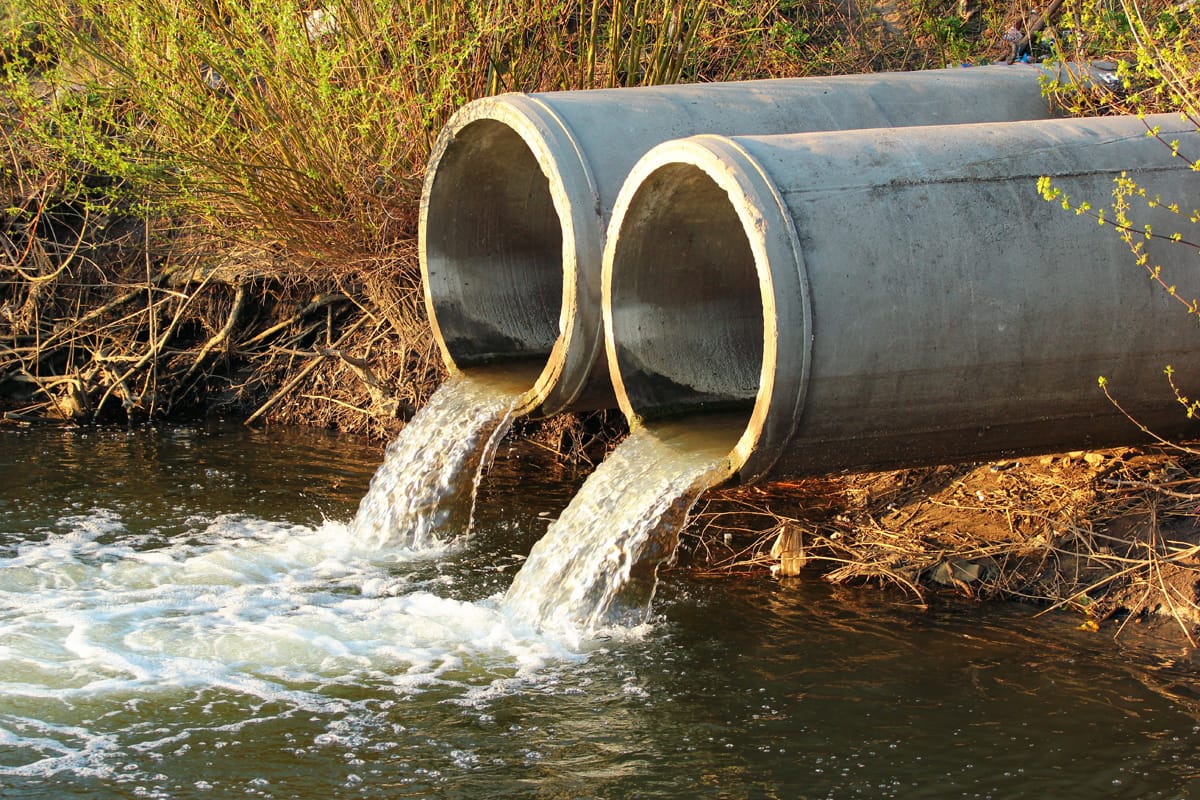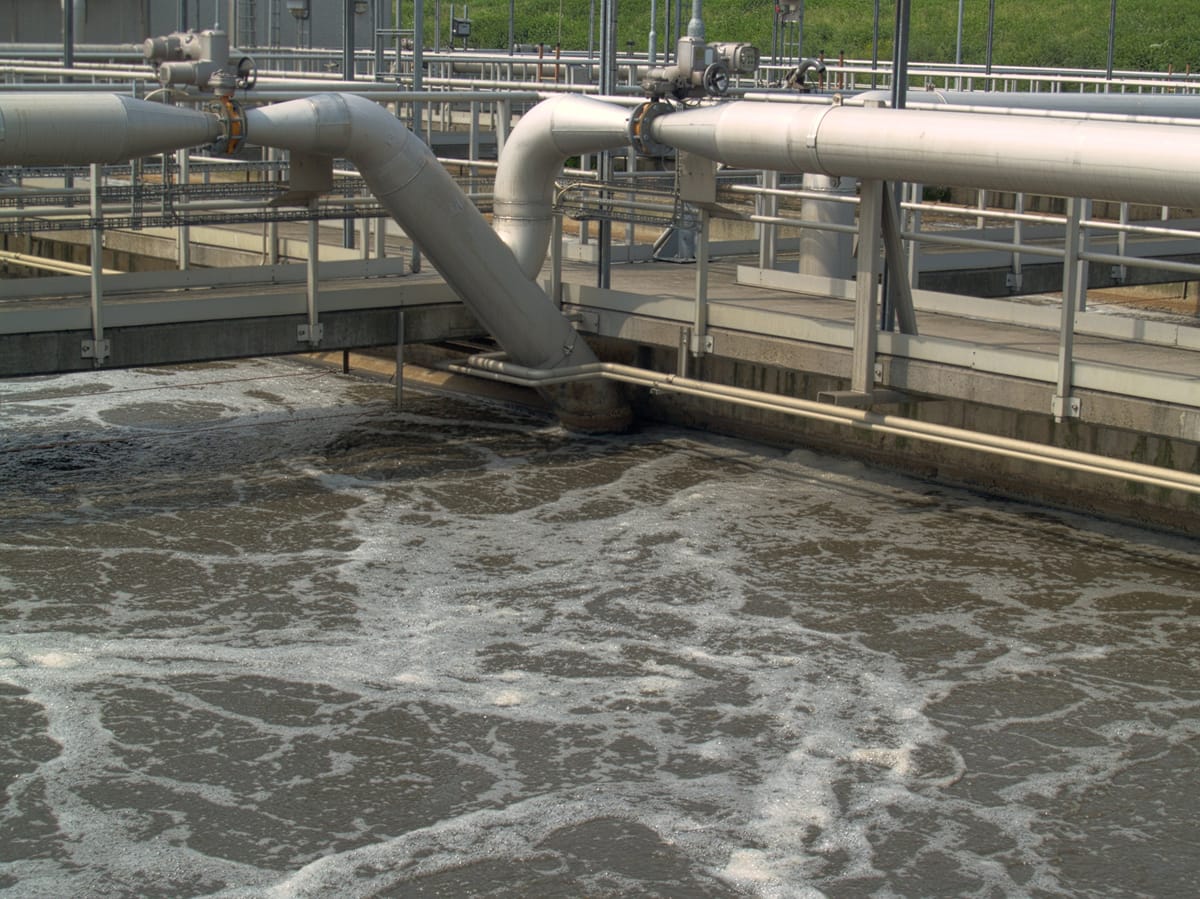More Toxic Chemicals In Our Water

Ripon, California is the latest city in America to be riddled with a toxin in its public water supply. The chemical this time around? Trichloroethylene, or TCE. And unlike other potentially harmful substances like PFAS that have yet to be researched thoroughly, TCE is a proven cancer-causing chemical.
HOW TCE FOUND ITS WAY TO RIPON
A new article published by CBS News sat down with Ripon parents who have seen the dangers of TCE firsthand. They included parents like Kellie Prime, whose son Kyle was diagnosed with cancer. But Kyle wasn’t the only kid on the block to face this life-threatening disease. In fact, at least seven other Ripon children have been diagnosed over recent years. The culprit? The Prime family suspects TCE. So, after successfully petitioning to have a cell phone tower removed from an elementary school campus, she started focusing on cleaning up Ripon’s public drinking water.
According to CBS, TCE was a chemical that a former Nestle plant used to decaffeinate coffee until the 1970s. And it just so happens that plant called Ripon home. During this time, Nestle dumped its wastewater into the city’s sewers, and today, TCE is found in one out of five Ripon drinking water wells. But exposure to this chemical transcends just public water supply. It is elusive, migrating from industrial sites to communities via soil and water. What’s scarier is that TCE can also turn into a clear and odorless vapor that infiltrates homes through drains.

WHAT IS TRICHLOROETHYLENE (TCE)?
TCE has been used for much more than decaffeinating beverages. In fact, two of its most popular uses are as a solvent that removes grease from metal and a chemical that facilitates the making of other chemicals, like refrigerants. TCE is often used by the textile processing industry to scour cotton, wool, and other fabrics. And, it’s a component in many common household items: adhesives, lubricants, paints, varnishes, pesticides and more.
And if you thought this chemical became obsolete in the seventies, think again. Because millions of pounds of TCE are used every single year, according to CBS. Though companies like Nestle claim to have used proper cleanup and water protection measures to keep levels of TCE in accordance with California water standards, health officials say that there are no “safe” levels of exposure. This is despite the EPA’s maximum limit set for TCE in drinking water.
“Drinking water standards and guidelines that we have now are many decades old, and they don’t account for the latest science that shows pregnant women and children are more susceptible to TCE,” says Veena Singla, a University of California San Francisco scientist.

TCE: A PROVEN CARCINOGEN
Like many toxic chemicals, health effects caused by TCE are dependent on the severity of exposure. Yet, TCE has been a proven link to cancer diagnoses, according to the Agency for Toxic Substances & Disease Registry (ATSDR):
“There is strong evidence that [TCE] can cause kidney cancer in people and some evidence that it causes liver cancer and malignant lymphoma (blood cancer). Lifetime exposure to [TCE] resulted in increased liver cancer in mice and increased kidney cancer in rats at relatively high exposure levels.”
To top it all off, the Human Health Services (HHS), the International Agency for Research on Cancer (IARC) and the EPA have all classified TCE as a carcinogen in some capacity. The EPA classified it as “carcinogenic in humans by all routes of exposure” based on this evidence.

THE NEXT STEPS
After learning about the dangers of breathing in TCE, as well as ingesting it, parents in Ripon are pushing forward to do something about it. While Prime hasn’t said definitively if TCE caused her son’s cancer or not, she told CBS that it shouldn’t be ruled out. “We have a lot more questions than we do answers, so until we get those answers…we are very concerned,” said Prime to CBS about the dangers of TCE in Ripon.
Now, thanks to this parent push, California’s regional water board has requested that Nestle take additional measures, like conducting vapor testing, to ensure TCE levels are meeting contemporary, stricter state guidelines. Luckily, Nestle has complied.
LEAN ON PRIMO
When public water supplies seem unreliable, or murky-at-best, turn to companies that provide better, safer water with every drop: like Primo. Primo® Water undergoes a 5-step Reverse Osmosis (RO) purification process to ensure our water is free of harmful microorganisms, heavy metals, trace pharmaceuticals and more. That means no TCE…just water, pure and simple.
Parents and citizens that follow Kellie Prime’s example of investigation should not go unnoticed. We all want the best for our children and future generations. So, give them the best by giving them Primo.
